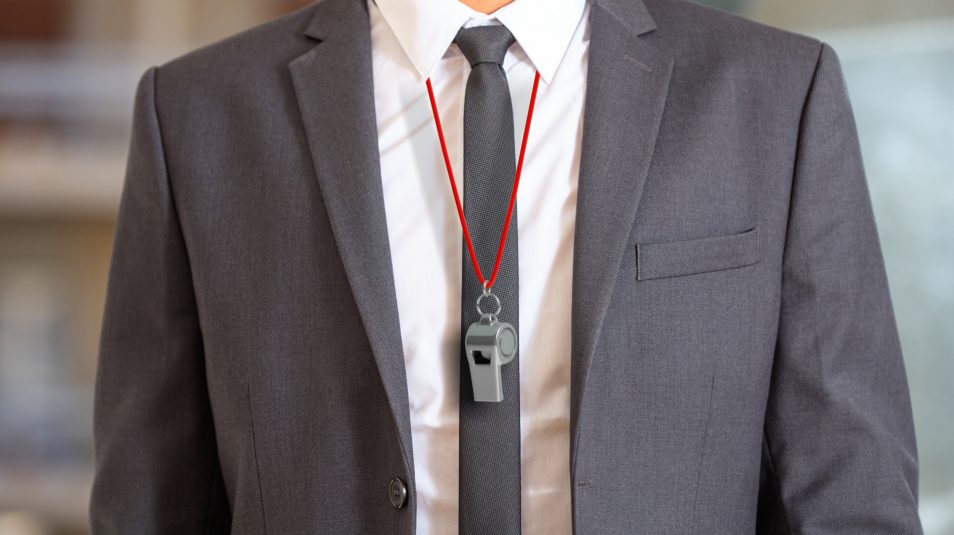Why change leaders need a coach

Leadership
August 14, 2020
John Thurlbeck
Topics
coach, Coaching, entrepreneur, Leadership, leading teamsWe live in a volatile, uncertain, complex, and ambiguous world. Throw in the massive disruption caused by the current pandemic, and change aplenty abounds!
So, responding in an agile and flexible fashion to that world requires clarity, more than ever before, is vital.
However, how do you get better at that in the face of increasing complexity? Because it is how good you are going to be, that matters.
How good can you be?
What stands in your way of becoming the best you can be? Often, one of two things. First, you struggle to recognise the obstacles in your way. Second, you are not sure how to overcome the problems you have identified.
That is why every entrepreneur needs a coach.
How can a coach help?
Thomas Leonard held to the view that a coach brings clarity that affords focus. I believe this because of an encounter with Jane Elliott.
My encounter with Jane Elliott
When I started on my journey as a coach, I met Jane Elliott on a train travelling from Edinburgh to London. Jane was in the UK on a speaking tour, and my assigned seat was diagonally opposite hers when I joined the train at Durham.
On leaving the station, the train crosses a high viaduct that opens up on a brilliant vista of Durham Castle and Cathedral. Jane asked her agent about them. Fortunately, her agent could not provide an answer, though I did, as I am a local.
That led to a fantastic conversation. Once introduced, I recognised Jane as I studied her work as a trainee youth worker in the mid-70’s. Our discussion pinged back and forth on a range of subjects, including what I did for a living.
Jane has a powerful ability to focus, and expressed the view that what I did for a living was to share wisdom. Her definition for that, ‘common sense in uncommon amounts’, has stayed with me since, along with that desire to bring a similar focus to other people’s thinking.
What makes a good coach?
My practice as a coach is to bring a whole other level of awareness to my clients. I help them recognise the essential features of their situations, break them down, and then help them to build back greater clarity and focus on what actions are necessary next.
However, am I a good coach? My clients have said so, and I take that with gratitude. But how does that help you? In the days of high-speed internet, connecting is not an issue, but you may prefer someone more local to you.
Nine essential qualities
Here are my suggestions for nine essential qualities to look for in a coach:
- What is their experience? Check out their failures and successes, as well as their accomplishments.
- What is their attitude to life? Are they focused on learning, the journey ahead, the ‘big picture,’ and do they couple that with humour, positivity, challenge, and support?
- How willing are they? Are they ready to share the good and the bad in a persistent and determined manner?
- What is their expertise? I have worked across the public, private, social enterprise, and not for profit sectors. Some coaches are more specialised, but what is the best fit for you?
- How well connected is this person? I am known as a super-connector, and any good coach can and should open doors for you.
- How accessible is this person? A good coach is available to you in the way you need it: by phone, online, or through face-to-face contact.
- What are your shared expectations? A good coach ensures both parties are clear about what each other requires, and works to ensure that each party meets those expectations.
- Do they have a love of teaching? I believe that good coaches love helping other people, sharing and teaching things that might help their client better focus, make better decisions, and take positive actions.
- Will they hold you accountable? I care about my clients and their futures. I expect to challenge and hold them responsible for the things they say and do.
Good luck in your search!






